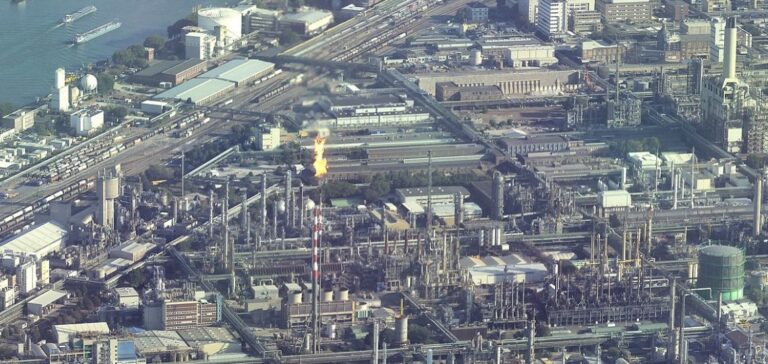BASF and ENGIE recently signed a seven-year Biomethane Purchase Agreement (BPA). Under the terms of the agreement, ENGIE will supply BASF with between 2.7 and 3 terawatt-hours of biomethane over the duration of the contract. Recently, ENGIE has been stepping up its partnerships in the biomethane sector, such as its collaboration with Waga Energy in France.
At its production sites in Ludwigshafen, Germany, and Antwerp, Belgium, BASF uses biomethane as a sustainable alternative to fossil raw materials in its manufacturing processes. This initiative aims to significantly reduce its carbon footprint. The biomethane supplied is certified, and the quantity used is attributed to the end product via a globally recognized certification system, the Biomass Balance method.
Sustainable Transformation and Certification
Thanks to this contract and the increased use of biomethane, BASF can offer its customers products with a reduced or zero product carbon footprint (PCF). Sectors benefiting from this initiative include automotive, packaging, detergents and textiles. This is part of the company’s wider strategy to strengthen its product portfolio while promoting a circular economy.
Matthias Dohrn, Head of Global Procurement at BASF, expressed his satisfaction, saying: “BASF and ENGIE are long-standing partners. We are increasingly using alternative raw materials such as biomethane to support our transition to a circular economy. This contract guarantees us a long-term supply of biomethane at competitive rates.”
ENGIE and the Growth of the Biomethane Market
Edouard Neviaski, Managing Director of ENGIE’s “Global Energy Management & Sales” Business Entity, underlined the importance of this collaboration, adding: “ENGIE and BASF have a history of green chemistry. Our biomethane portfolio is constantly growing, and this new agreement brings us closer to our ambition of selling 30 terawatt-hours of biomethane per year by 2030.”
Biomethane, a renewable gas produced by the fermentation of organic waste, plays a crucial role in reducing greenhouse gas emissions compared with fossil fuels. Its growing production and use are in line with Europe’s target of producing 35 billion m³ of biomethane by 2030.
European market outlook
The European biomethane market is booming, supported by favorable policies and growing investment. The contract between BASF and ENGIE is an indicator of the sector’s positive momentum. Companies are looking to secure long-term renewable energy sources to stabilize their energy costs and meet growing regulatory sustainability requirements.
For BASF, integrating biomethane into its operations helps to diversify its energy mix and strengthen its resilience in the face of fluctuating fossil fuel prices. What’s more, this enables the company to meet the growing demand for low-carbon products from its customers in various industrial sectors.






















